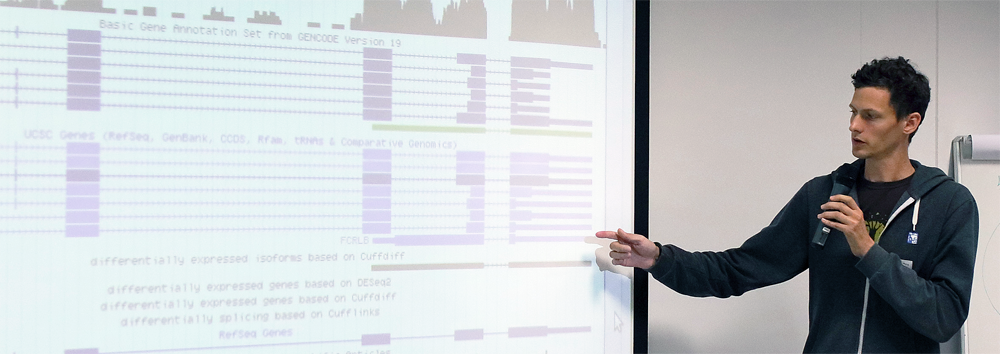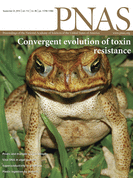Outstanding research - New macromolecule with influence on Burkitt lymphoma detected
Posted on January 27, 2017

Dr. Gero Doose is head of research and development at ecSeq GmbH. He developed RNA folding and protein solubility prediction algorithms before he started working with high-throughput sequencing data. Gero implemented detection pipelines for circularized and trans-spliced transcripts. As an expert for split-read alignment analysis, he also developed a sophisticated method to detect differential alternative splicing.
The transcription factor MYC plays a key role in carcinogenesis. Together with scientists around Dr. Ingram Iaccarino (Christian Albrechts University) and Dr. Dr. Steve Hoffmann (University of Leipzig), Dr. Doose discovered a long non-coding RNA that is able to modulate MYC’s transcriptional network. This finding therefore has the potential to open new therapeutic opportunities for MYC associated cancers. The results were published in the renowned journal “Proceeding of the National Academy of Science of the United States of America” (PNAS).
Reference:
Doose G, Haake A, Bernhart SH, López C, Duggimpudi S, Wojciech F, Bergmann AK, Borkhardt A, Burkhardt B, Claviez A, Dimitrova L, Haas S, Hoell JI, Hummel M, Karsch D, Klapper W, Kleo K, Kretzmer H, Kreuz M, Küppers R, Lawerenz C, Lenze D, Loeffler M, Mantovani-Löffler L, Möller P, Ott G, Richter J, Rohde M, Rosenstiel P, Rosenwald A, Schilhabel M, Schneider M, Scholz I, Stilgenbauer S, Stunnenberg HG, Szczepanowski M, Trümper L, Weniger MA; ICGC MMML-Seq Consortium, Hoffmann S, Siebert R, Iaccarino I: 'MINCR is a MYC-induced lncRNA able to modulate MYCs transcriptional network in Burkitt lymphoma cells'. PNAS, 112(38):E5261-70. (2015)
